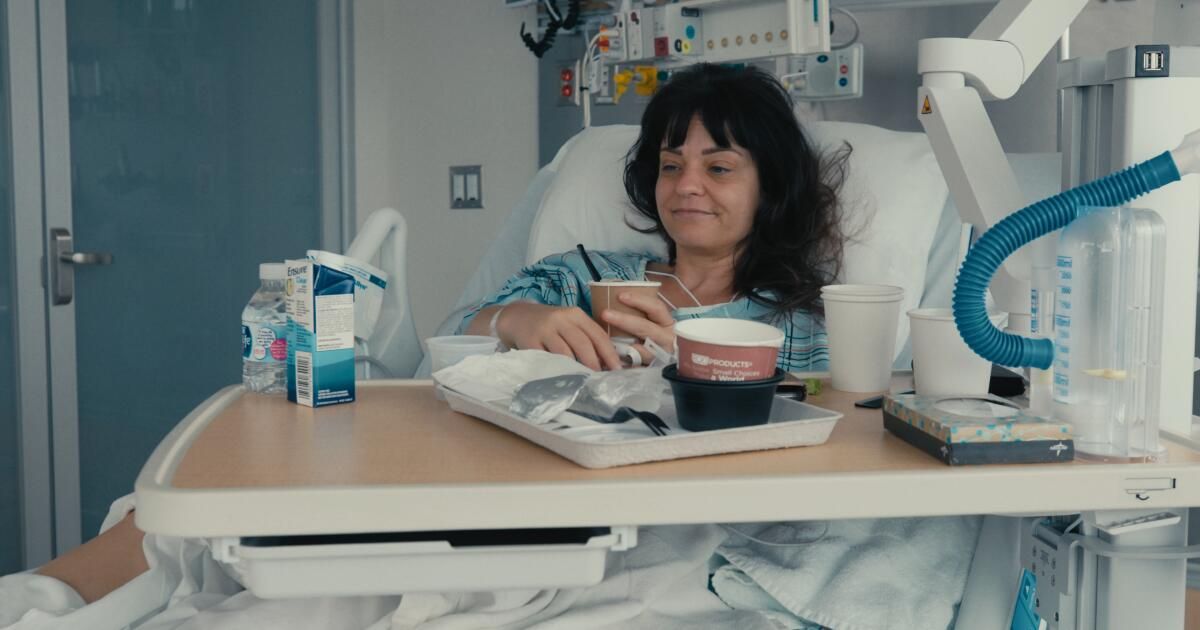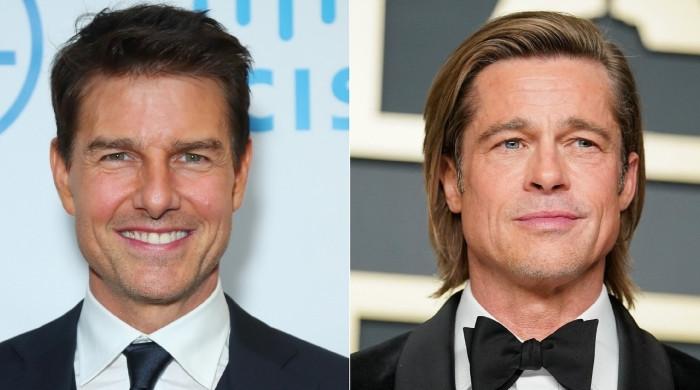When documentary filmmaker Penny Lane decided to donate a kidney to a stranger (the dramatic centerpiece of her new film, “Confessions of a Good Samaritan”), one can’t help but wonder if the idea for the film came first or if it was an altruistic impulse. Because, really, who does that?
Lane, one of our most curious and playful filmmakers dedicated to the theory that truth is stranger than fiction, embraces that speculation, because “Confessions” is as much about the mysteries of our human impulses as it is about elective surgery and the roots of altruism. With more than 100,000 people in need of a kidney, there’s a gap to explore between a problem that obviously has a solution and the fact that people aren’t exactly beating down hospital doors to give away a kidney they don’t need.
It’s a puzzle that lends itself to Lane’s unconventional approach to nonfiction. And by turning the spotlight on herself, after focusing on eccentric topics ranging from an infamous faith healer (“Nuts!”) to religious freedom (“Hail Satan?”) to polarizing musical taste (“Listening to Kenny G”), Lane proves a disarmingly honest tour guide on her own journey to another peculiar corner of the world. Along the way, she includes the voices of other donors and a handful of engaging professionals (an upbeat transplant surgeon, a dedicated neuroscience professor, a wisecracking bioethicist) who offer a broader view of the morality, emotions, and history of kidney donation.
Lane actually tells us early on that her decision to donate preceded the decision to film. What makes it believable is the arc of investigation and self-analysis we witness throughout “Confessions.” Watching what Lane goes through, it’s clear that this is a complicated commitment for her. In one of her onscreen confessions, Lane, who is undergoing surgery in a week, admits that her anxiety and hopelessness are reaching all-time highs. But we also hear how emboldened she is by the saving logic of it all, that she’s participating in humanity at its fullest.
And yet, as your analysis of the history of the procedure demonstrates, resistance to transplant surgery has existed from the beginning. It was experimental (and considered unethical in the medical community) for a long time, until it was made safe among twins, and then safe among unrelated people with the help of immunosuppressive drugs. But as “good Samaritan” donations became more widely known (thanks to countless news segments, replete with little words of encouragement), other questions arose about how this act of charity fits into our broader society. You might not be judged for keeping your kidneys while engaging in all sorts of risky behavior, but wouldn’t a healthy twin do it with a sick sibling?
If you ask attorney Sally Satel, who also appears in the film, the obvious answer to all these thorny questions is compensation, however controversial that notion may be to many. (The name of Satel’s proposal, which takes up the entire book, is “When Altruism Isn’t Enough.”) As Lane moves toward a conclusion of her own, it would be a mistake to view “Confessions of a Good Samaritan,” with its earnest curiosity balanced by a quirky theremin score and humorous asides, as if Lane were turning her personal experience into a public defense. She is more cautious than that, preferring a messy, sometimes humiliating, sometimes exhilarating journey as a worthy story in itself of the dangers and pleasures of voluntary, anonymous neighborliness. It doesn’t seem easy, but it does seem incredibly rewarding.
'Confessions of a Good Samaritan'
Unrated
Execution time: 1 hour, 45 minutes
Playing: Premieres July 12 at the Laemmle Monica Film Center, West Los Angeles











